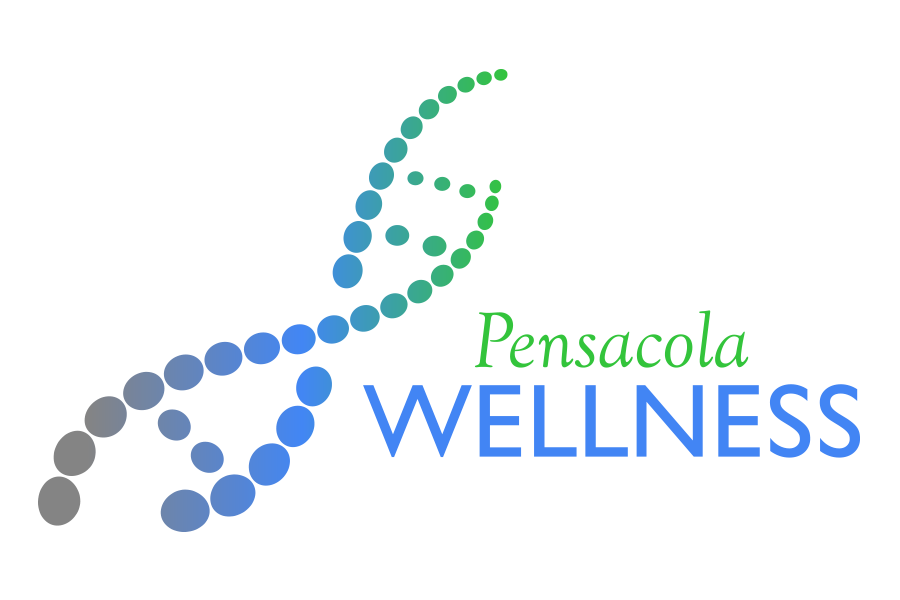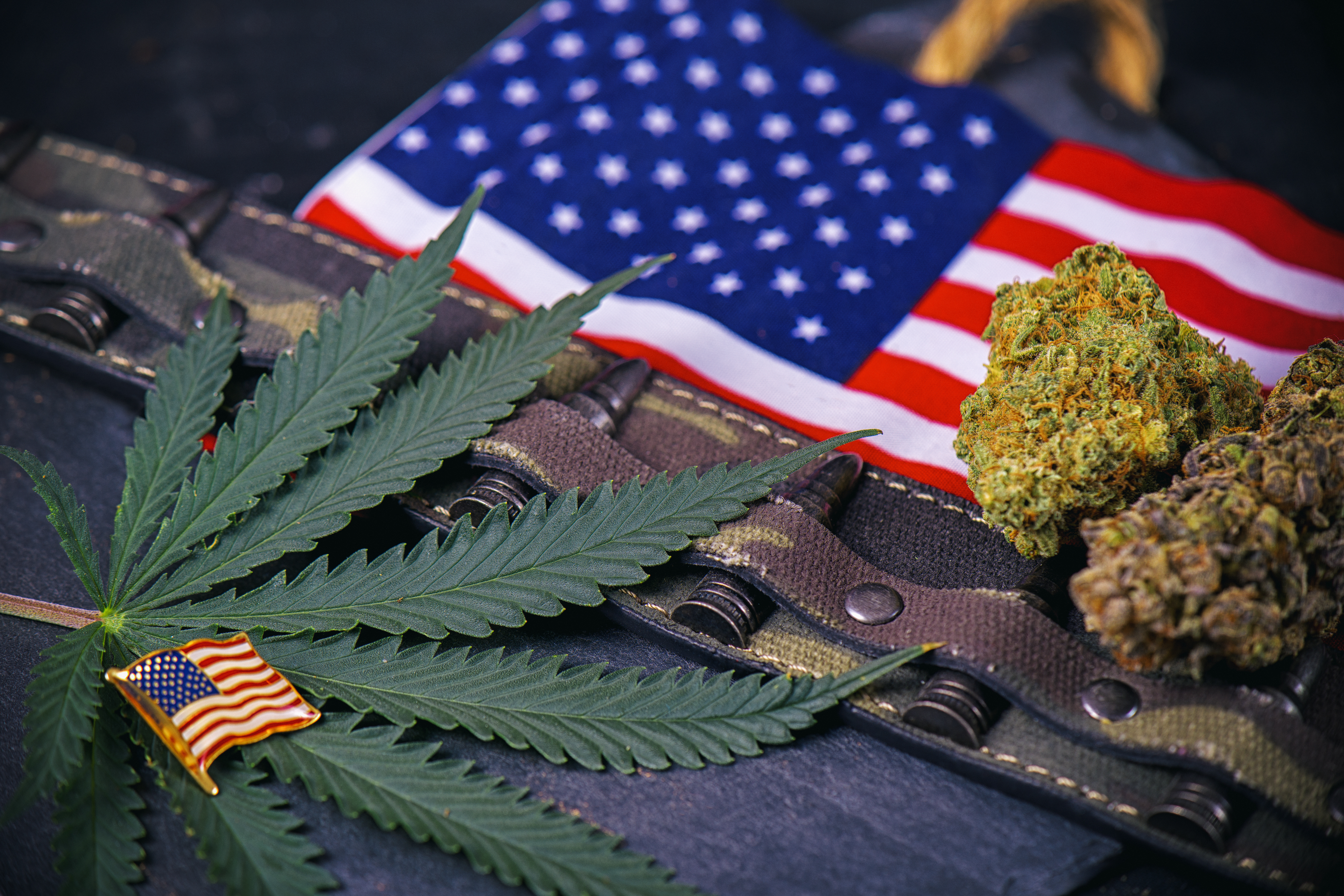
During and after a trauma, the human body does what it can to protect itself from further harm. The stress response, known as “fight or flight,” was originally developed to help people make quick decisions when in dangerous or possible life-threatening situations. Often times, people can bounce back from their initial fight or flight response and continue their lives without issue. However, some people end up developing post-traumatic stress disorder, which can last for months or years after the initial triggering event.
Post-traumatic stress disorder, commonly known as PTSD, is a severe anxiety disorder that develops after exposure to any event that results in psychological trauma. Some people develop PTSD after they experience a dangerous event, have a scary experience or suffer a shock. Symptoms often include: recurrent re-experiencing of the trauma, sleep problems, irritability, anger, poor concentration, blackouts and a phobia of places, people and experiences that remind the sufferer of the trauma.
According to the Anxiety and Depression Association of America, PTSD affects nearly eight million Americans, often affecting women more than men. The National Center for PTSD states that about 10 percent of women will develop PTSD at some point in their lives while only about four percent of men develop PTSD.
There are many factors that can make one person more likely to suffer from PTSD than another. A person who has a family history of depression or anxiety is more likely to develop the condition than a person who doesn’t have family history. Also, some people may experience more stress or trauma during their lives than others. Experiencing traumatic events–like abuse during childhood, witnessing combat, being a victim of sexual assault or other violence and experiencing a natural disaster–can all easily trigger PTSD. Additionally, the way a person’s brain regulates certain chemicals or a person’s natural temperament can influence whether they are more likely to develop PTSD.
There are multiple treatments for PTSD including cognitive processing and prolonged exposure therapy, support groups and medications to treat anxiety, sleep disturbances and depression. Unfortunately, there is a risk for unpleasant side effects with most medicines prescribed. Since the current treatments are not always successful, doctors and researchers are constantly on the lookout for more effective options like medical cannabis and THC, or tetrahydrocannabinol, for post-traumatic stress disorder.
Studies have shown that medical cannabis can help treat PTSD symptoms, even in treatment-resistant cases. Cannabinoid receptors can be found in various places throughout the brain and body, so mental and physical symptoms can be altered with medical marijuana treatment.
A study published in Molecular Psychiatry showed that treatment using certain compounds found in marijuana may benefit those with PTSD, and that “plant-derived cannabinoids [psychoactive chemicals] such as marijuana may possess some benefits in individuals with PTSD by helping relieve haunting nightmares and other symptoms of PTSD.”
Research published on Science Daily also looked at symptom reduction in patients with PTSD. As a result of taking medical marijuana, participants reported a decrease in re-experiencing the trauma, less avoidance of situations that reminded them of the trauma and a decline in hyper-arousal.
By binding with specific receptors on brain cells, THC helps regulate mood, sleep patterns and pain perception. Scientists and researchers also believe that it interacts with receptors in the brain’s emotional centers–the amygdala and the hippocampus–to reduce anxiety. A 2009 clinical trial showed that the nighttime administration of THC reduced the frequency and intensity of nightmares in 72 percent of the 47 patients studied. Other studies have shown that THC’s effectiveness in reducing anxiety and increasing sleep quality depends on dose size, with lower doses improving sleep quality and higher doses producing higher levels of anxiety–and negative long-term outcomes.
Post-traumatic stress disorder, commonly known as PTSD, is a severe anxiety disorder that develops after exposure to any event that results in psychological trauma. Some people develop PTSD after they experience a dangerous event, have a scary experience or suffer a shock. Symptoms often include: recurrent re-experiencing of the trauma, sleep problems, irritability, anger, poor concentration, blackouts and a phobia of places, people and experiences that remind the sufferer of the trauma.
According to the Anxiety and Depression Association of America, PTSD affects nearly eight million Americans, often affecting women more than men. The National Center for PTSD states that about 10 percent of women will develop PTSD at some point in their lives while only about four percent of men develop PTSD.
There are many factors that can make one person more likely to suffer from PTSD than another. A person who has a family history of depression or anxiety is more likely to develop the condition than a person who doesn’t have family history. Also, some people may experience more stress or trauma during their lives than others. Experiencing traumatic events–like abuse during childhood, witnessing combat, being a victim of sexual assault or other violence and experiencing a natural disaster–can all easily trigger PTSD. Additionally, the way a person’s brain regulates certain chemicals or a person’s natural temperament can influence whether they are more likely to develop PTSD.
There are multiple treatments for PTSD including cognitive processing and prolonged exposure therapy, support groups and medications to treat anxiety, sleep disturbances and depression. Unfortunately, there is a risk for unpleasant side effects with most medicines prescribed. Since the current treatments are not always successful, doctors and researchers are constantly on the lookout for more effective options like medical cannabis and THC, or tetrahydrocannabinol, for post-traumatic stress disorder.
Studies have shown that medical cannabis can help treat PTSD symptoms, even in treatment-resistant cases. Cannabinoid receptors can be found in various places throughout the brain and body, so mental and physical symptoms can be altered with medical marijuana treatment.
A study published in Molecular Psychiatry showed that treatment using certain compounds found in marijuana may benefit those with PTSD, and that “plant-derived cannabinoids [psychoactive chemicals] such as marijuana may possess some benefits in individuals with PTSD by helping relieve haunting nightmares and other symptoms of PTSD.”
Research published on Science Daily also looked at symptom reduction in patients with PTSD. As a result of taking medical marijuana, participants reported a decrease in re-experiencing the trauma, less avoidance of situations that reminded them of the trauma and a decline in hyper-arousal.
By binding with specific receptors on brain cells, THC helps regulate mood, sleep patterns and pain perception. Scientists and researchers also believe that it interacts with receptors in the brain’s emotional centers–the amygdala and the hippocampus–to reduce anxiety. A 2009 clinical trial showed that the nighttime administration of THC reduced the frequency and intensity of nightmares in 72 percent of the 47 patients studied. Other studies have shown that THC’s effectiveness in reducing anxiety and increasing sleep quality depends on dose size, with lower doses improving sleep quality and higher doses producing higher levels of anxiety–and negative long-term outcomes.


Leave a Comment